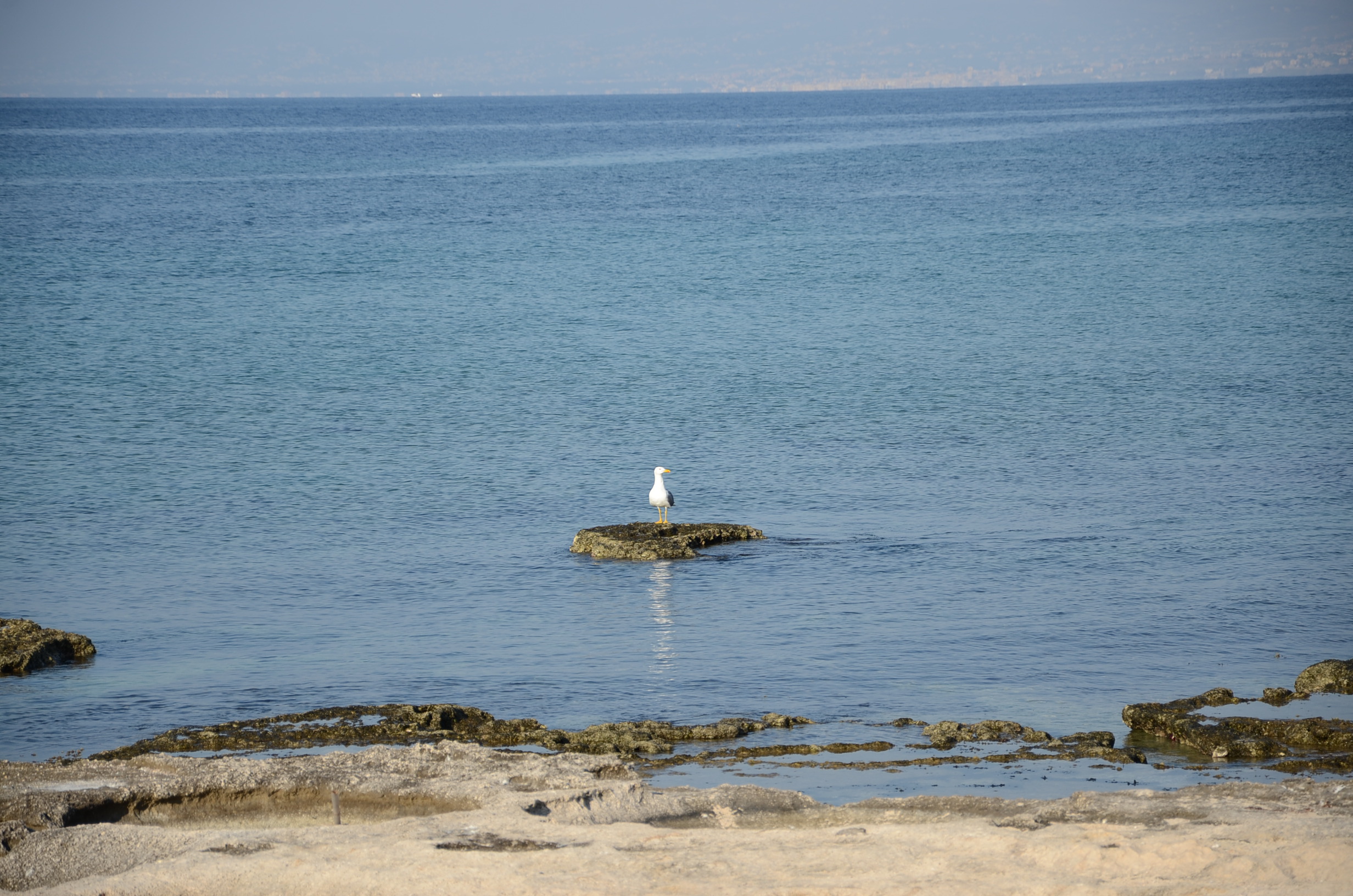Becoming a responsible fisherman for marine conservation involves a commitment to sustainable practices. Here are seven points to consider

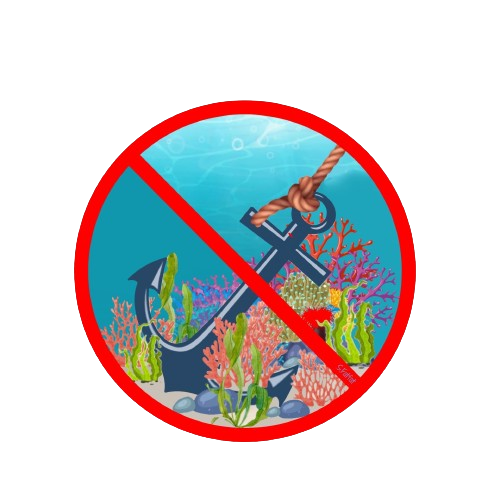
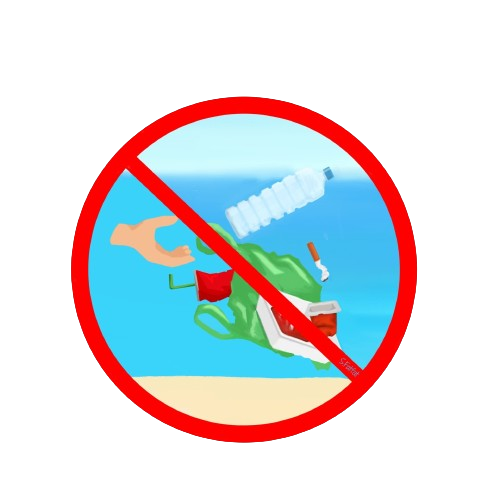
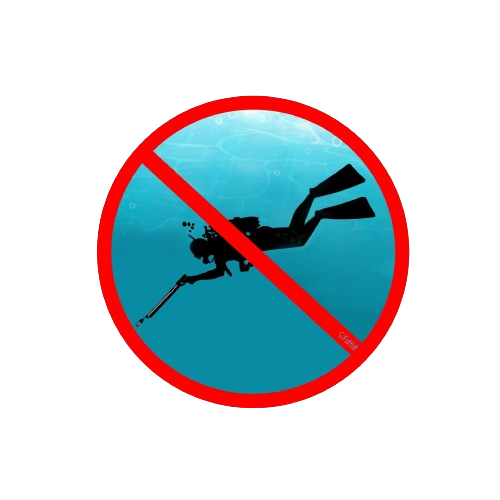
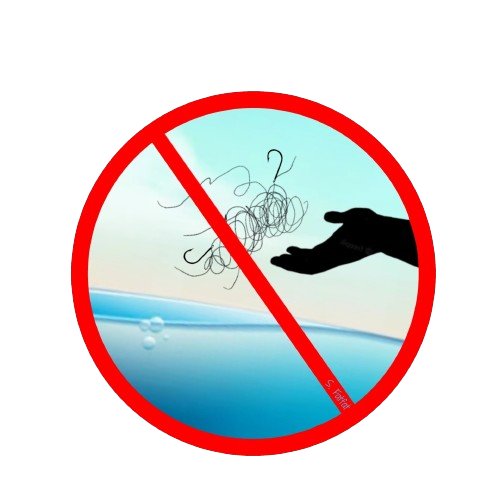
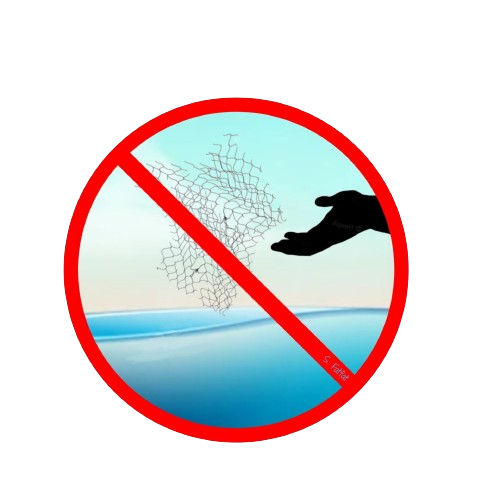
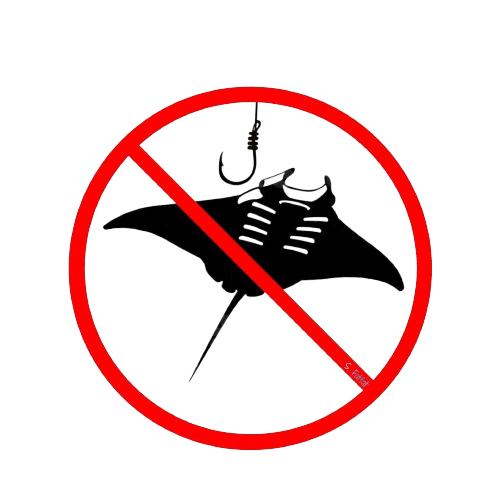
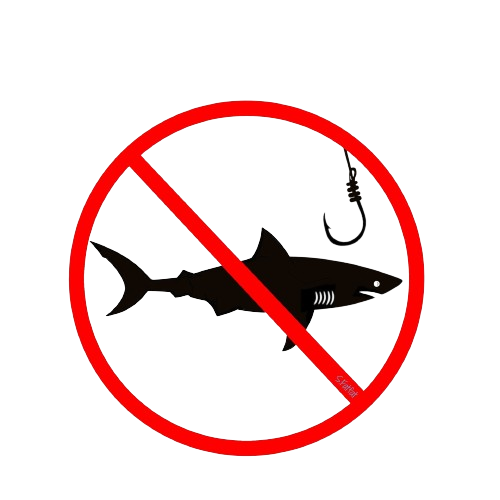
Educate Yourself
Learn about local marine ecosystems, species, and their conservation status. Understand fishing regulations and quotas in your area.
Use Selective Gear
use gear that minimizes bycatch and damage to non-target species and habitats. Avoid destructive methods .
Follow Catch Limits
Adhere to catch limits and size restrictions to prevent overfishing and ensure the fish populations can replenish themselves.
Practice Catch and Release
Release undersized or non-target species carefully to minimize stress and harm, helping maintain healthy fish populations.
Protect Habitat
Avoid fishing in sensitive areas such as coral reefs, seagrass beds, and breeding grounds to preserve vital habitats.
Reduce Waste
Properly dispose of fishing gear, trash, and other waste to prevent marine pollution that harms both marine life and the environment.
Advocate for Conservation
Encourage others to follow sustainable fishing practices, support marine conservation organizations, and engage in discussions about responsible fishing.
Remember, your actions as a responsible fisherman can have a positive impact on the marine ecosystem’s health and longevity.
